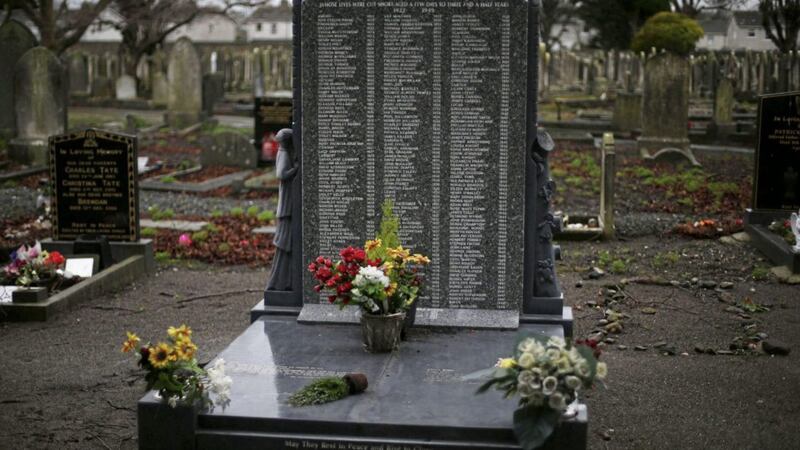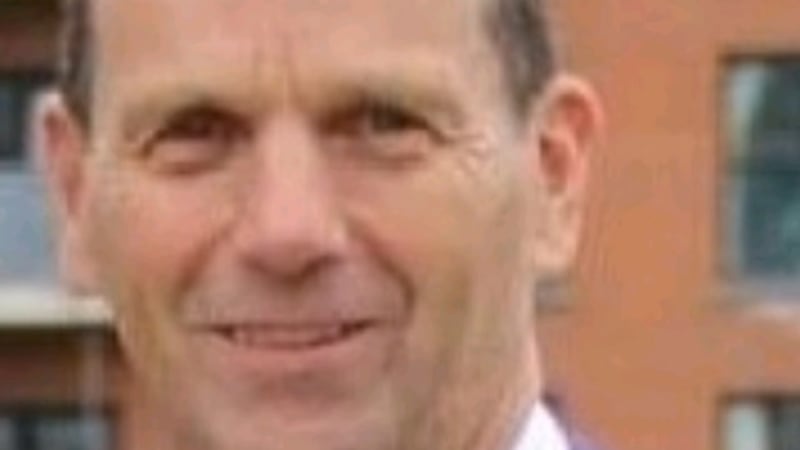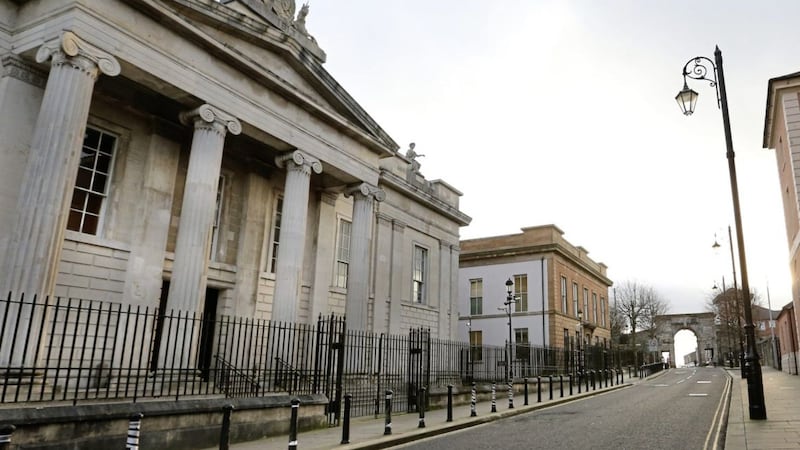THE Church of Ireland has apologised for its role in stigmatising unmarried women and children across the island over decades.
The Anglican church said a report into mother and baby homes in the Republic, published earlier this week, had exposed "shocking and disturbing" suffering.
The report highlighted an "appalling level of infant mortality" and found that 9,000 children had died in 18 institutions, most with links to Catholic orders of nuns.
One home, the Bethany in Dublin where many women from Northern Ireland were sent, was run by a committee of lay people and clergy from several Protestant churches, including the Church of Ireland, before it closed in 1971.
The church has said it neither owned nor managed the home.
In a joint statement, Anglican primate Rev John McDowell and Archbishop of Dublin Dr Michael Jackson acknowledged the campaigning role of survivors of the Bethany Home, but stopped short of formally apologising for the church's links to the institution.
They said they "want to pay tribute to those former residents of homes, and others, who have focused society’s attention on mother and baby homes".
"One of the most prominent groups was associated with the Bethany Home, which operated under a general Protestant ethos while being independently managed," they said.
The clerics said unmarried women and their children were stigmatised by Irish society.
"We are sorry and apologise for the role that our Church played in shaping a society in which unmarried women and their children were treated in this way. They deserved much better."
Taoiseach Mícheál Martin has issued a full apology on behalf of the state.
Margaret McGuckin, from Northern Ireland-based Survivors and Victims of Institutional Abuse, said the publication of the report had brought back painful memories for all abuse survivors.
"Nobody knows the half of what was engrained in us as children," she said.
"I would love a collective apology for the whole of Ireland from every church."
Survivors of institutional abuse in the north are still waiting for a public apology, as recommended in a landmark report published almost four years ago.
Ms McGuckin said the apology has "taken far too long" and should have been made in January 2017 when the Historic Institutional Abuse (HIA) report was published.
A spokesman from The Executive Office said ministers are committed to implementing the recommendations of the HIA report.
"This includes an apology and a suitable memorial for victims and survivors," he said.
"The Executive wants to get this right, and significant work has been undertaken. The new Commissioner (for institutional abuse victims), who took up office on 14 December, is continuing this important work to progress the apology and memorial, in consultation with victims and survivors groups and plans for both will be brought forward as soon as possible."








